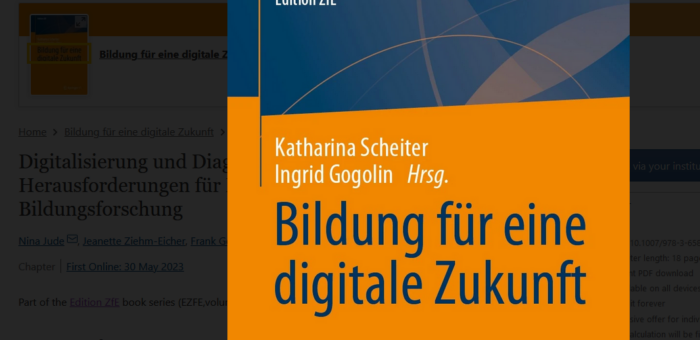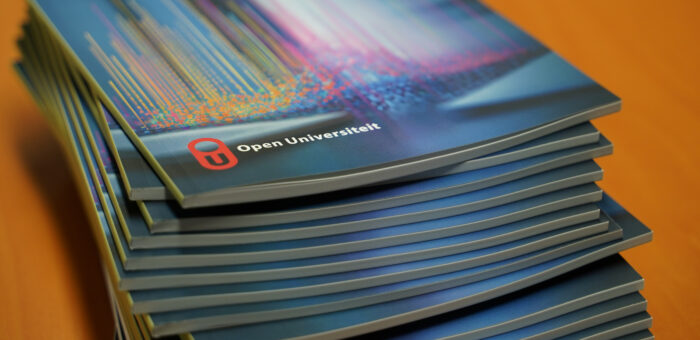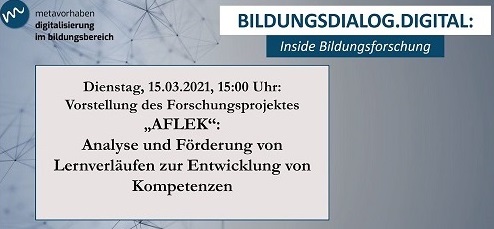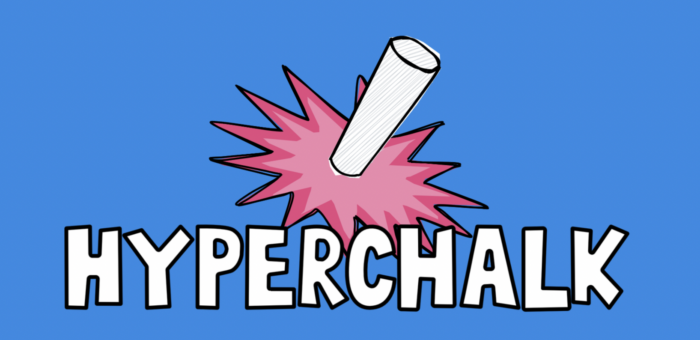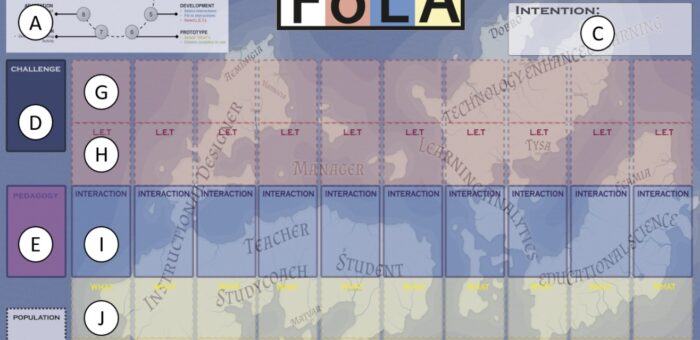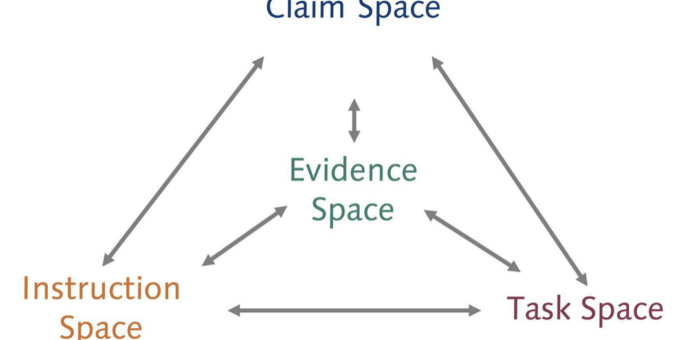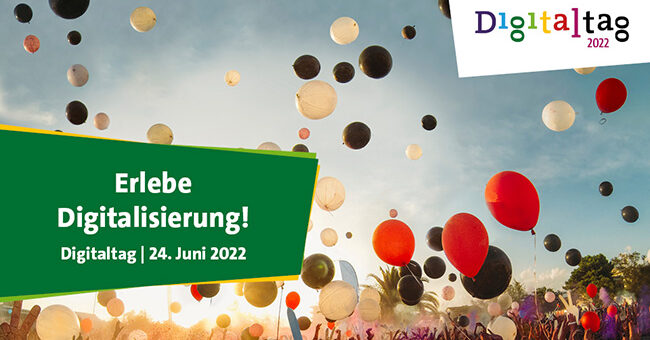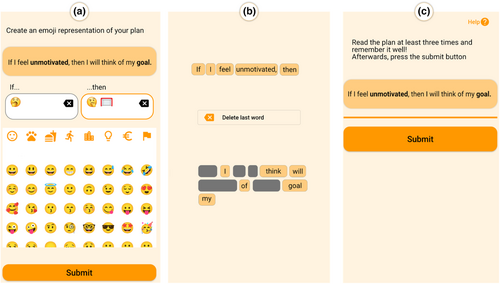
New pub: Fostering children’s acceptance of educational apps
In the field of educational applications (apps), the focus has shifted from mere functionality to creating enjoyable and beneficial learning experiences for children. A recently published article sheds light on the influence of redesigning a mobile learning activity in an app to enhance its appeal and usefulness to young learners. By exploring the relationship between children's enjoyment, intention to use and the incorporation of emojis, this study provides valuable insights into optimizing educational apps. The study involved 103 children aged 9 to 14 years, who participated in a 27-day exploration of a mobile learning app. The objective was to determine how different learning activities influenced children's intention to use the app. The researchers revamped a traditional learning activity, replacing it with an emoji-based representation of learning plans. Two other standard…

